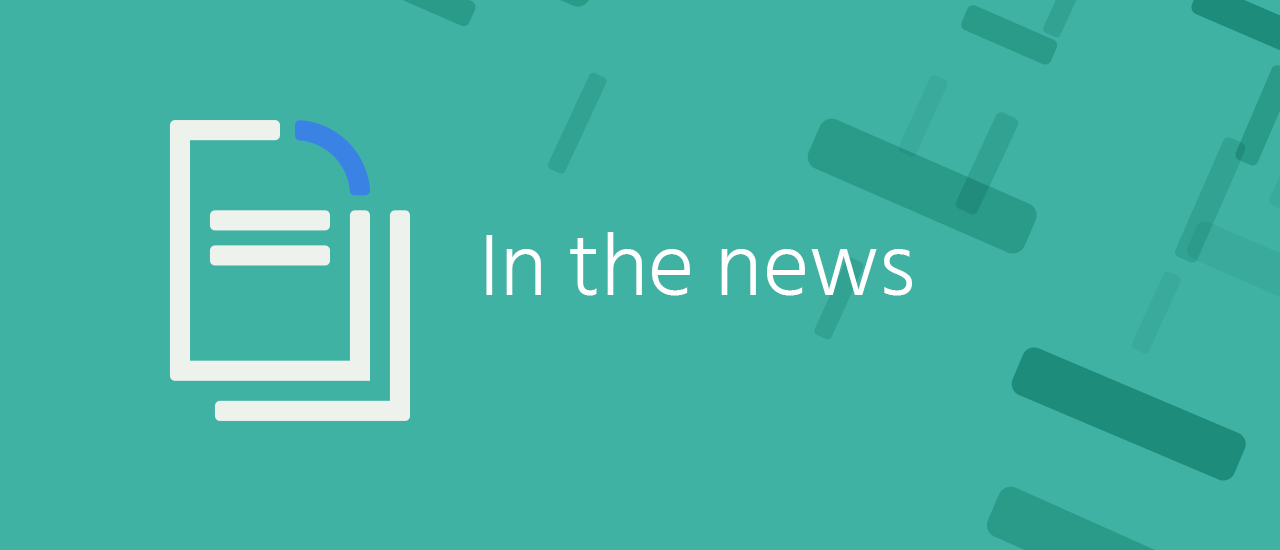Light speed Internet: The BBC has a story about an Alphabet X (formerly Google X) project to provide Internet service through wireless optical communications. Project Taara is focusing on fixing a “particularly stubborn connectivity gap” between African cities Brazzaville in the Republic of the Congo and Kinshasa in the Democratic Republic of Congo. The cities are only three miles apart but connecting them has been tricky because of the Congo River between them.
China vs. Big Tech: The Chinese government is expected to crack down on big tech companies in the coming months, as it moves to build its idea of a “cyberspace civilization,” the South China Morning Post reports. Recently, Communist Party and State Council internally distributed a set of guidelines urging government agencies to “bring ideology, culture, moral standards and online behavior under control.”
App interference: Google and Apple have removed a voting app from jailed Kremlin critic Alexei Navalny from their app stores after the Russian government accused the two companies of meddling in its affairs, Reuters reports. Allies of Navalny, a vocal critic of Russian President Vladimir Putin, had planned to use the mobile app to organize a tactical voting campaign against ruling party United Russia.
The cost of privacy: Meanwhile both Apple and Google have announced plans to roll out new privacy protections for users, meaning marketers would have less access to consumers’ Internet activities, the New York Times notes. However, Google’s plan to start blocking tracking cookies through its Chrome browser in 2023 and Apple’s move to give iPhone users a choice on whether to be tracked could mean that Internet users receive less relevant advertising. In some cases, some online products and services may cost more because companies may need to spend more on advertising to reach intended audiences.
New misinformation ban: Facebook has announced a new policy to combat misinformation, with the new rules allowing the social media to ban groups for “coordinated social harm” in addition to spreading “inauthenticity” or being a “dangerous organization,” the Washington Post reports. The end result is that it may now be easier for Facebook to ban some groups. Facebook said the new policy will allow it to more easily move against the “core network” of a group that commits widespread violations.
